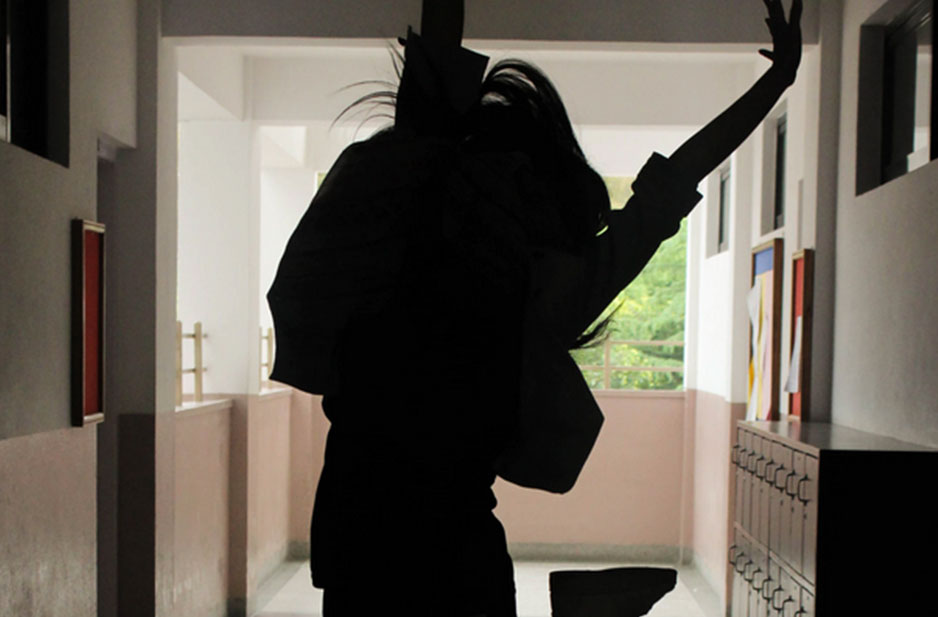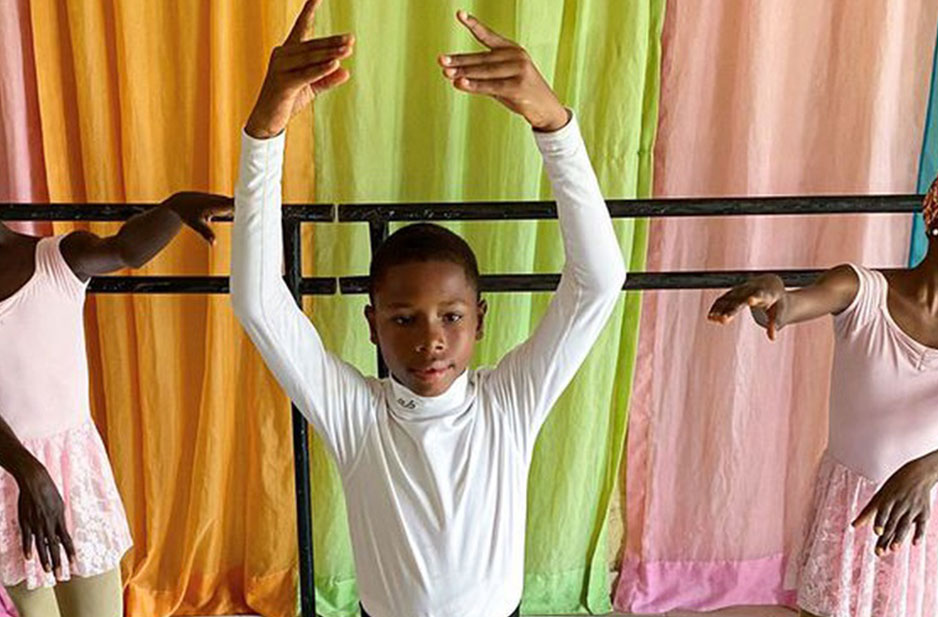A Grade A Cock-up
Congratulations to all students who received their A Level results and were given the grades they were expecting. However for a large majority of students, this hasn’t been the case.
Final exams and assessments were cancelled this year because of the coronavirus pandemic. Instead, schools and colleges were asked to send exam boards details of the grades they believe students were most likely to get if teaching, learning and exams had happened as planned and, within each subject, the order of students by performance for each grade.
The exam boards have standardised this information – making adjustments to grades where needed to bring consistency to teacher judgements across all schools and colleges and to ensure the results are comparable with previous years.
The Government has also announced a ‘triple-lock’ process designed to give young people added security as they receive their grades this year. The Department for Education has said that students can accept their calculated grade, but if that grade is lower than the result they achieved in their mock exam they can appeal for this to become their final recognised grade. Alternatively they can sit exams in the autumn.
The Government has said that more information about how the appeals process will work be released next week.
The calculated results have been released today.
Dr Nick Smith, courses director and founder of The Oxford Open Learning Trust, said: “This year’s A-level students have faced unprecedented levels of disruption and it’s a credit to them that so many have achieved the results they wanted. Today is a day for all students to be proud of their hard work.
“However, this year, even more than normal, there will be students who don’t quite get the results they hoped for. Understandably, there will be a lot of frustration, with many feeling like they didn’t get the opportunity to fully prove themselves.
“We’re here to reassure them that they needn’t worry. If students don’t quite get the A-levels they expected or needed, there are a number of options available.
“The UCAS clearing system should be your first port of call if you didn’t meet your university’s grade requirements. Many institutions will still have places available, so have a look on the UCAS website or give them a quick call to check if your course is on offer elsewhere. This year, in response to all of the disruption, many universities are holding back places for students whose schools appeal their results, so there may be even more vacancies out there.
“If your exams were cancelled this summer, you also have the option of resitting them in autumn or in 2021. Universities will take the highest grade you achieved from your original result, the resitted exams and your mock assessments earlier in the year.
“Alternatively, it might be worth considering other learning pathways, such as apprenticeships or work experience. There’s also the option of taking a gap year, which allows you to pursue other interests such as travel or charity work, depending on lockdown restrictions.
“If you are thinking of taking a break from traditional education, it doesn’t mean you have to simply stop learning. You can still resit A-levels or even start studying for new ones whilst working. Distance learning is the most flexible way of doing this as everything you need is available online, so you can learn wherever and whenever is convenient for you.”























